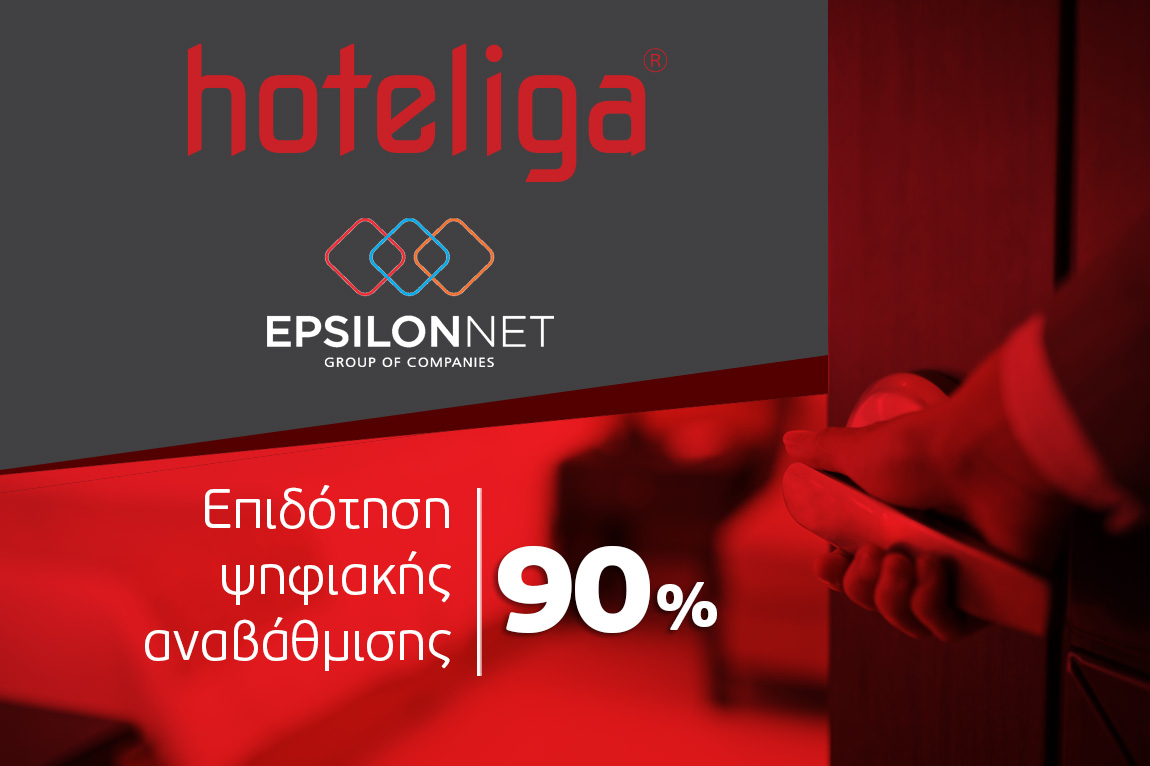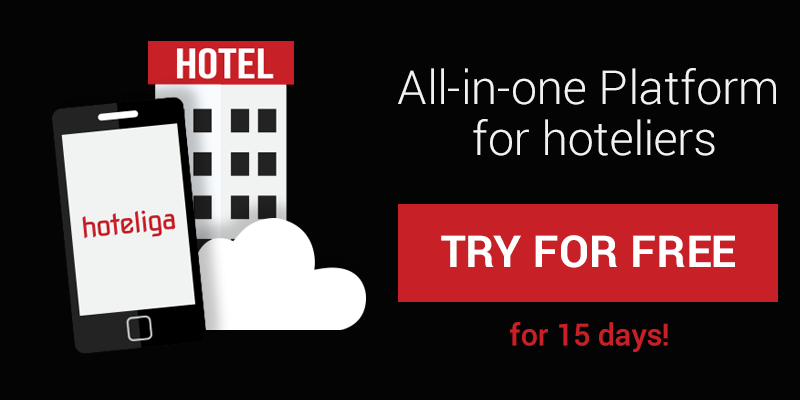
Boost Your Hotel Marketing Strategy with These 7 Simple Tips
Boost Your Hotel Marketing Strategy with These 7 Simple Tips
If you ask two people about your hotel’s marketing strategy, you may receive more than six strategies.
If that’s how you feel when discussing and creating your marketing strategy, you’re not alone.
With the rise of platforms like Airbnb and dynamically changing customer requirements, getting hold of your customer's attention and encouraging booking is a challenge.
Even though the hotel industry is aware of these challenges, they still struggle to meet various metrics because most of them depend on the booking a hotel receives.
So, what can hotel marketers do to ensure potential customers find hotels and get excited about booking the hotel for their next travel? The answer lies in a comprehensive hotel marketing strategy.
Whether you’re just starting with a marketing strategy or searching for new ways to expand your marketing tactics, here are seven ideas to get you going:
1. Develop a comprehensive email marketing strategy
Marketers receive $36 in return for every $1 they spend on email marketing. So, develop a comprehensive email marketing strategy to increase footfall in your hotel.
Build an exhaustive list of email addresses to create a well-strategized email marketing plan. You can achieve this by having opt-in forms on your website and asking guests to fill out the form when they stay at your hotel.
Once you have the email addresses, create well-designed email messages showcasing the special deals and discounts you offer. Clear, uncluttered, and eye-catching design makes your email stand out in the cluttered inbox of customers.
But how do you create email designs that appeal to the customers and are downright convenient?
That’s where email template builder tools come in. These tools provide a user-friendly interface, email template library, personalization, and responsive email templates.
Email template builders in this list help you create easy and intuitive designs. You can do it without spending too much time thinking about the designs.
Use these email templates to cultivate relationships with past guests and send them regular updates about discounts and offers at your hotel.
Pro-tip: Before sending emails to your customers, segment the list to ensure you send information to those interested in receiving it. Otherwise, you risk turning off potential customers with irrelevant messages.
2. Invest in SEO for your website
Did you know that 69% of travelers turn to search engines when planning a trip?
Without search engine optimization (SEO), your website is as good as if it doesn’t exist. So, invest in your website's SEO.
At the highest level, a well-thought-out SEO improves how your property ranks on the online search results. The higher your website ranks on the search engine, the higher you reach your target audience.
Another reason to invest in SEO is that it helps you improve the overall hotel’s brand awareness by enhancing visibility in organic search results. SEO gives you the visibility and brings people to your website.
Once people visit your website, they will book from it, not on Airbnb or similar booking platforms. This saves you on potential commission.
For this to happen, you need to draw traffic to your website. You achieve this by optimizing your website correctly based on search engine algorithms and keeping users’ search intent in mind goal.
As SEO is a challenging and constantly changing sphere, it’s a great idea to use the services of an experienced SEO agency or digital marketing expert.
Pro-tip: Target specific keywords that define your hotel. For instance, guests may search for a hotel with a spa or resort with a swimming pool. Use your unique selling proposition (USP) by including them as keywords on your website.
3. Focus on a mobile-friendly website
83% of travelers research on a mobile device before finalizing their travel plans, making a mobile-friendly website a must for every hotel or resort.
You will lose potential guests if you overlook a mobile-friendly website. The requirements of an excellent mobile-friendly website differ from a desktop one in many aspects, making it one of the most important marketing strategies for hotels and resorts.
With Google prioritizing mobile websites in the search engines, creating one helps your brand rank higher on the search engines.
From a well-designed template to an intuitive user interface, it’s crucial to provide visitors with key information and give them instant access to key functions.
Pro-tip: Ensure your mobile website is visually appealing and has a user-friendly interface. This makes navigation a breeze.
4. Partner with influencers
Hotels can draw new customers by using influencer marketing. Apart from helping you create new content for your social media, these influencers ensure you reach a broader customer base. This enhances your brand image and creates an opportunity for the followers to think of planning a trip with your hotel services in mind.
Hotels can follow these approaches when partnering with influencers:
- Hire travel bloggers or influencers and offer them paid trips. Ask them to share their experiences on social platforms.
- Arrange for the influencer to hold their function or party in your hotel.
- Establish an ongoing relationship with influencers who will post articles or content to enlarge your hotel’s audience.
- Collaborate with an influencer in creating an ad.
Pro-tip: Consider the hotel’s target audience before choosing the influencer. Next, choose an influencer whose influencer base overlaps with your target audience. This helps you brainstorm creative ways together to create campaigns that take your hotel to another level.
5. Ramp up your marketing budgets during peak booking seasons
If you are running a ski resort or have a hotel in Las Vegas, your peak booking seasons will be very different.
As a hotel marketer, being aware of your peak booking season is essential, as it helps you decide your advertisement budget. Ramping your ad budgets during the peak season makes complete sense. You can scale down the budgets when the bookings are low.
So, figure out the time of the year when things are busy, slow, and steady. Based on this, adjust your budgets.
When you plan, it becomes easier to adjust your budgets continuously.
Pro-tip:Study your past marketing campaigns to understand how much extra budget you should allocate during your peak booking season.
Focus on local online marketing
This is another great tactic to promote your hotel in a specific geographical area. This tactic involves focusing on local SEO and using other channels to reach local customers.
For instance, on Valentine's Day or Christmas, offer promotional offers to guests or host a small party for customers. Make these offers exclusive to your website. This encourages customers to visit your website and complete their booking.
If you have spa services, offer online discounts on their anniversary or birthday.
Try targeting people near the hotel and share SEO-optimized articles so that they appear higher on the local search results.
Encourage people who have stayed in your hotel or resort to leave feedback on local review sites. This word-of-mouth publicity is essential for local online marketing as it builds trust with potential customers.
Pro-tips:Focus on writing content on topics that matter to your audience and provide them with the information they search for.
7. List your hotel on Google
Before the internet, people used “Yellow Pages” when searching for business information. From carpenters to hotels, the small book comprised all the essential information about all kinds of businesses in the neighborhood.
Today, businesses prefer registering on Google. Google lists every business, from the nearest grocery store at the most famous hotel in the area
Even though registering on Google is free, many hotels fail to use this simple opportunity to attract potential customers.< /p>
Listing a business on Google is important because 80% of customers lose trust in a business with incorrect and inconsistent contact details.
Today, Google My Business or GMB is like creating an e-card for your business. Before booking, customers search for ratings, reviews or photos, star categories, and the price; a potential guest searches for all information. With GMB, you can add the following:
- Ratings and reviews
- Adding site manager
- Hotel attributes
- Star rating
- Integrated meta-search for hassle-free hotel booking
Pro-tip: Don’t forget to enroll in Google’s Free Hotel Booking links. With a free booking link,a booking site appears across Google when customers search for hotels. This helps you connect with more travelers and drive more bookings at no cost.
Choosing the right hotel’s marketing strategy
An effective marketing strategy pulls your customers to your doorstep in the dynamically changing hotel industry.
By implementing these strategies, you witness a surge in your bookings and create an impression that converts your first customer into lifelong guests.
Priya Jain has been copywriting professionally for over nine years. She has attained an engineering degree and an MBA. She teaches math, spends her time running behind her toddler, and tries new recipes while she isn't writing. You can find her on LinkedIn.














